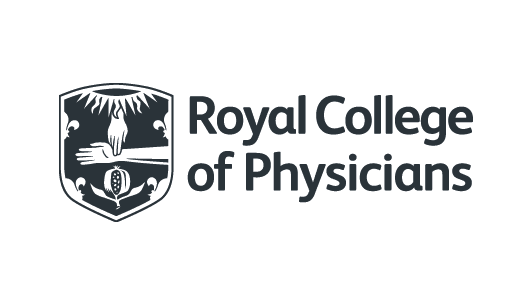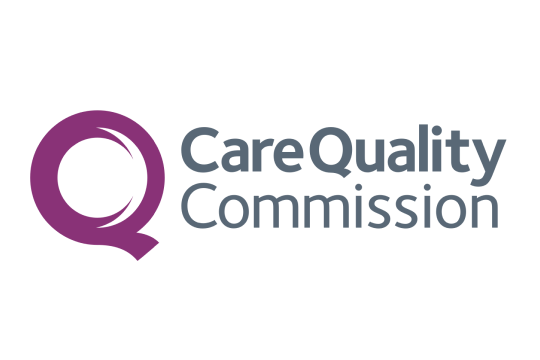With an increasingly older population and people generally living longer, we are finding that advancing age is no longer a contraindication to surgery. Many might require anything from small procedures to major surgery during their lifetime, such as; heart surgery joint replacements, hernia repair etc. The aiding tool that will influence whether a patient can have an operation is a risk assessment by a medical team that will help clarify the risk factors, which are;
- Cardiovascular events
- Risk of Stroke
- Post operative Pneumonia
- Risk of bleeding and other complications related to the proposed operation
- Existing medical problems
- Medications
- Functional status of that patient
The functional status basically is a marker for the physiological reserves which is reflective of the kind and amount of physical activity that individual can endure. This helps in predicting their outcome and the likelihood for potential complications as having an operation is a strenuous event on the body. Those who have muscle weakness, physical exhaustion and low physical activity will have a higher risk of complications when they undergo surgery.
𝟰 𝗧𝗶𝗽𝘀 𝗼𝗻 𝗵𝗼𝘄 𝘆𝗼𝘂 𝗰𝗮𝗻 𝗺𝗮𝗸𝗲 𝗮 𝗱𝗶𝗳𝗳𝗲𝗿𝗲𝗻𝗰𝗲 𝘁𝗼 𝘆𝗼𝘂𝗿 𝗳𝘂𝗻𝗰𝘁𝗶𝗼𝗻𝗮𝗹 𝘀𝘁𝗮𝘁𝘂𝘀
- 𝗟𝗶𝗳𝗲𝘀𝘁𝘆𝗹𝗲 𝗰𝗵𝗼𝗶𝗰𝗲𝘀 including daily exercise: start at 5,000 steps per day and work towards 10,000 then eventually 30 min strenuous exercise 3 times per week
- 𝗡𝘂𝘁𝗿𝗶𝘁𝗶𝗼𝗻𝗮𝗹 𝘀𝘁𝗮𝘁𝘂𝘀 with healthy choices
- Consider regular 𝗽𝗵𝘆𝘀𝗶𝗰𝗮𝗹 𝗮𝗰𝘁𝗶𝘃𝗶𝘁𝗶𝗲𝘀: swimming, walking, golf, tennis, dancing classes, pilates, weight lifting
- Exercises for the 𝗺𝗶𝗻𝗱: sudoku, puzzles, reading, word finding tasks
Let’s start the quest in keeping our mind and body young!





